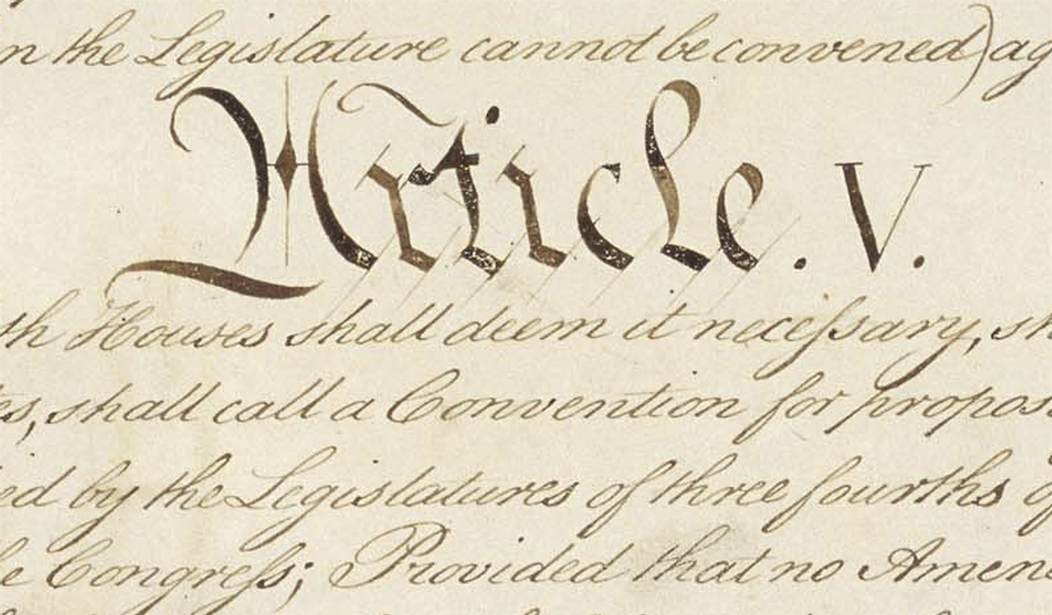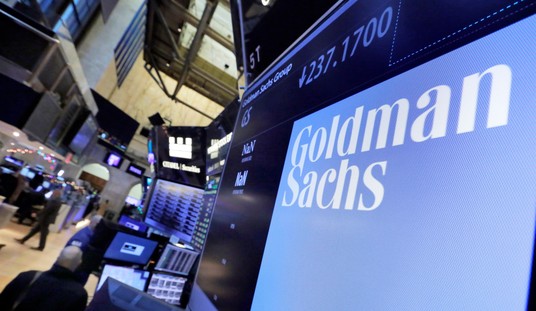Politics in the United States today is bipolar, especially at the national level, with party-affiliated voters divided fairly evenly between Democrats and Republicans, and those divisions, with a few exceptions, are pretty defined. It wasn’t always so. At the founding, the American polity was likewise bipolar, at first divided between Federalists and Democratic-Republicans. Eventually the Federalists gave way and the Democratic-Republicans broke apart into the Democrats, which survive today, and the National Republicans. In 1832, the National Republicans dissolved, and the Whig Party was formed. This remained the form until the mid-19th century, when abolitionist Whigs and Free Soil advocates formed the anti-slavery Republican Party, which along with the Democrats has formed the partisan American picture ever since. Here’s a reasonable summary:
But there are still those among us who identify as Whigs. While the modern Whigs are not really a political party, as they neither present nor campaign for political candidates, they do put forth a slate of interesting, if somewhat unclear, policy positions.
Here is how the Modern Whig Institute describes itself:
The Modern Whig Institute is a 501(c)(3) civic research and education foundation dedicated to promoting the fundamental American principles of representative government, ordered liberty, capitalism, due process and the rule of law.
A think tank, in plain English. And their history:
Throughout our history, American Whigs have unflinchingly stood for representative government, robust civic associations, individual rights, ordered liberty, social and economic progress, modernization, public education, a vibrant legislative branch, and ongoing cooperation between the public and private sectors.

It’s important to note that these are stances claimed by members of both parties today. But the Whigs do go into specifics in many areas, and when one drills down into specifics, you see a group trying to split the middle between the two major parties. For instance, on the economy, the Modern Whigs propose:
Greater emphasis on and investment in our system of public education so the creative potential of every young person is realized.
Generous grants and contracts to universities and corporations to support scientific research and development.
Maintenance of a sound safety net to promote entrepreneurial risk-taking.
Indirect investment by the general public in the commercialization of new ideas and discoveries through professionally managed public venture funds, with the profits returned to ordinary citizens as a direct “social innovation” dividend.
Use of public/private partnerships rather than straight government programs whenever possible, in order to drive economic development and generate broad prosperity.
Leverage the need to transition away from fossil fuels to create a thriving industrial sector by implementing a domestic Marshall Plan centered on renewable energy technology.
There’s no explanation of what is meant by “greater emphasis on and investment in” public education, but one may presume that means “more spending.” And a “sound safety net to promote entrepreneurial risk-taking” sounds like subsidies. “Leverage the need to transition away from fossil fuels” sounds pretty Green New Deal-ish.
All their positions here are pretty nebulous, but no less than what they propose on taxation:
Greater use of lump sum payments to the states every fiscal year so governors, state legislators and county officials can effectively allocate funding to address local issues.
Increased state participation and oversight where applicable to make federal government programs more efficient and responsive to local conditions.
A top-to-bottom review of unfunded mandates and comprehensive reform of the practice.
Again, unclear. Why lump-sum payments to states? Why not just devolve governance to the States directly instead of continuing an inefficient process of filtering state money through Washington, where it is parceled back out to the States from which it was taken — oh, and parceled out with conditions?
It’s not clear here, at the end of the day, just what the Modern Whigs are trying to accomplish. They have put forth no candidates, and a brief internet search reveals no interviews or media appearances. They are a think tank, but apparently, a think tank that does very little aside from maintaining a website full of “centrist” policy positions. Also, they are missing positions on some key issues that are very much at the forefront of American politics right now, such as Second Amendment issues.
If one thinks that American politics should trend back towards moderation, the positions put forth by the think-tank Whigs might be of interest. But in the final assessment, the modern Whigs are unlikely to achieve much, and that’s too bad. The United States could use a few more alternatives right now. Oh, there are alternatives; the Libertarian Party, the Green Party, the Constitution Party; there is even an Alaskan Independence Party. So far, none of them have been much more than spoilers.
We need more than spoilers. We need alternatives. But the new Whigs, while a curiosity, just aren’t providing any.














